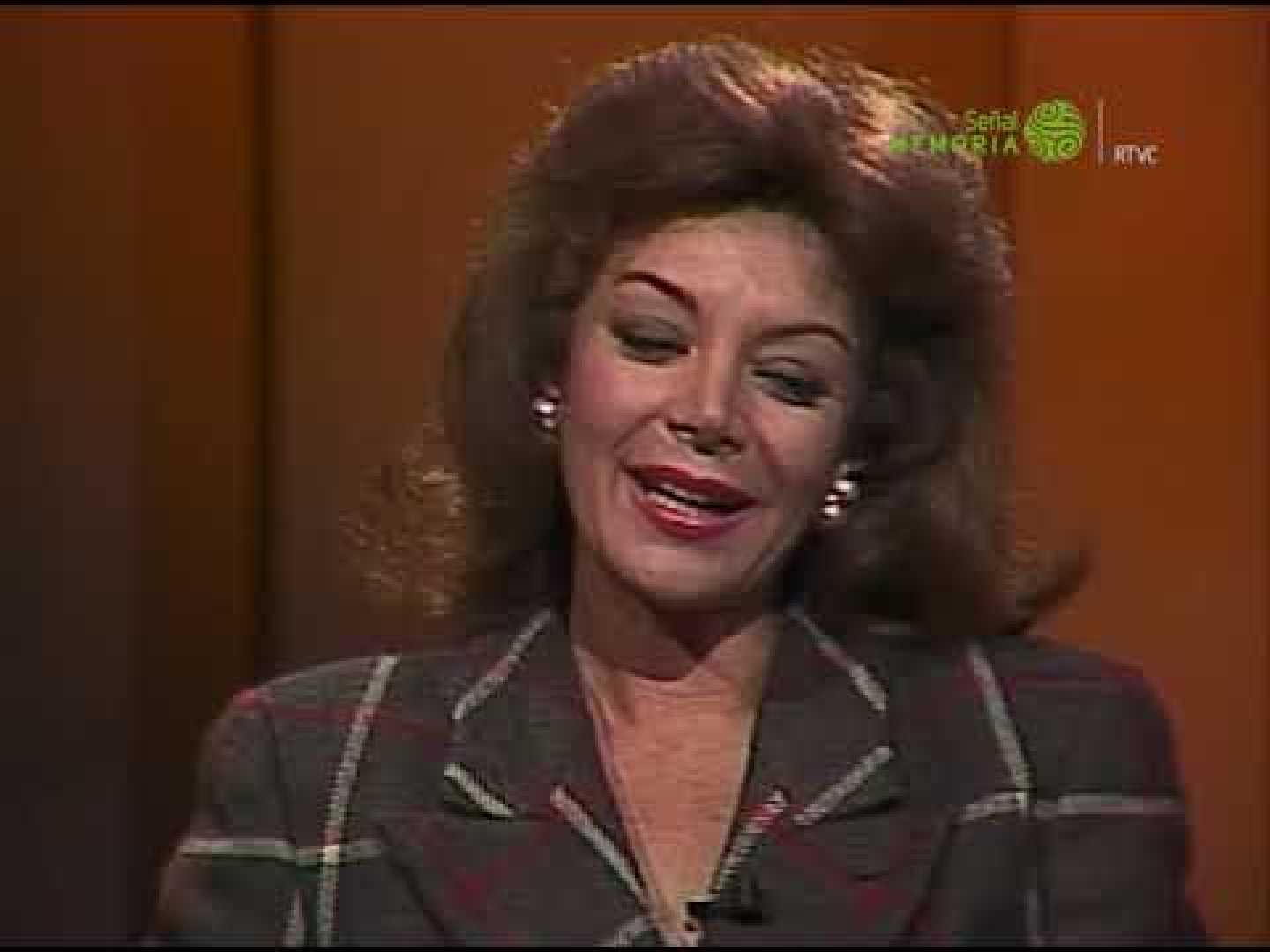News
Virginia Vallejo Reflects on Colombia’s Dark History Amid Violence

Bogotá, Colombia — Virginia Vallejo, an emblematic figure due to her ties with Pablo Escobar and her journalism career, shares her story and testimony about key episodes like the 1985 Palace of Justice siege and the assassination of political leaders that marked a violent era in Colombia.
In a revealing interview with Semana magazine, Vallejo offers an in-depth look at one of the darkest events in Colombia’s recent history: the Palace of Justice siege. This assault conducted by the M-19 guerrilla group triggered a controversial and tragic military operation. Vallejo, who lived through this tumultuous time, provides data and reflections on the complex relationship among drug trafficking, politics, and insurgent groups, illustrating how this episode highlighted Colombia’s structural violence.
Her testimony not only unveils unprecedented details but also sheds light on the political consequences affecting various sectors of power and Colombian civil society, sparking ongoing debates about responsibility and historical memory. “Entering the Palace of Justice and burning all the investigations… the processes were not systematized; they were papers, boxes with records of crimes,” she recounts.
In addition to discussing the Palace of Justice, Vallejo addresses the murders of key political figures Luis Carlos Galán and Rodrigo Lara Bonilla. These leaders, known for their staunch fight against drug trafficking and corruption, fell victim to a violent system striving to sustain dark interests. Vallejo emphasizes that these murders not only represented an irreparable loss for the country but also delivered a devastating blow to the hope for change and justice in Colombia.
Her account helps to understand the tensions and threats faced by politicians like Galán and Lara Bonilla, as well as the direct influence exerted by Escobar and his criminal network within the political landscape of the era. The journalist underscores that these events marked a period of widespread terror and resistance among Colombians seeking answers and justice despite the fear dominating their lives.
When pressed about whether Pablo Escobar financed Alfonso López Michelsen’s presidential campaign, Vallejo confidently stated, “He paid a good part of Alfonso López Michelsen’s campaign. In almost all presidential campaigns, a significant amount of money from drug trafficking has entered,” revealing a troubling aspect of the intersection between political power and illicit money.
Throughout this conversation, Virginia Vallejo re-establishes her critical role in reconstructing Colombia’s recent memory, weaving her personal experiences with sharp analysis of the impact violence and drug trafficking have had on the country’s politics.












